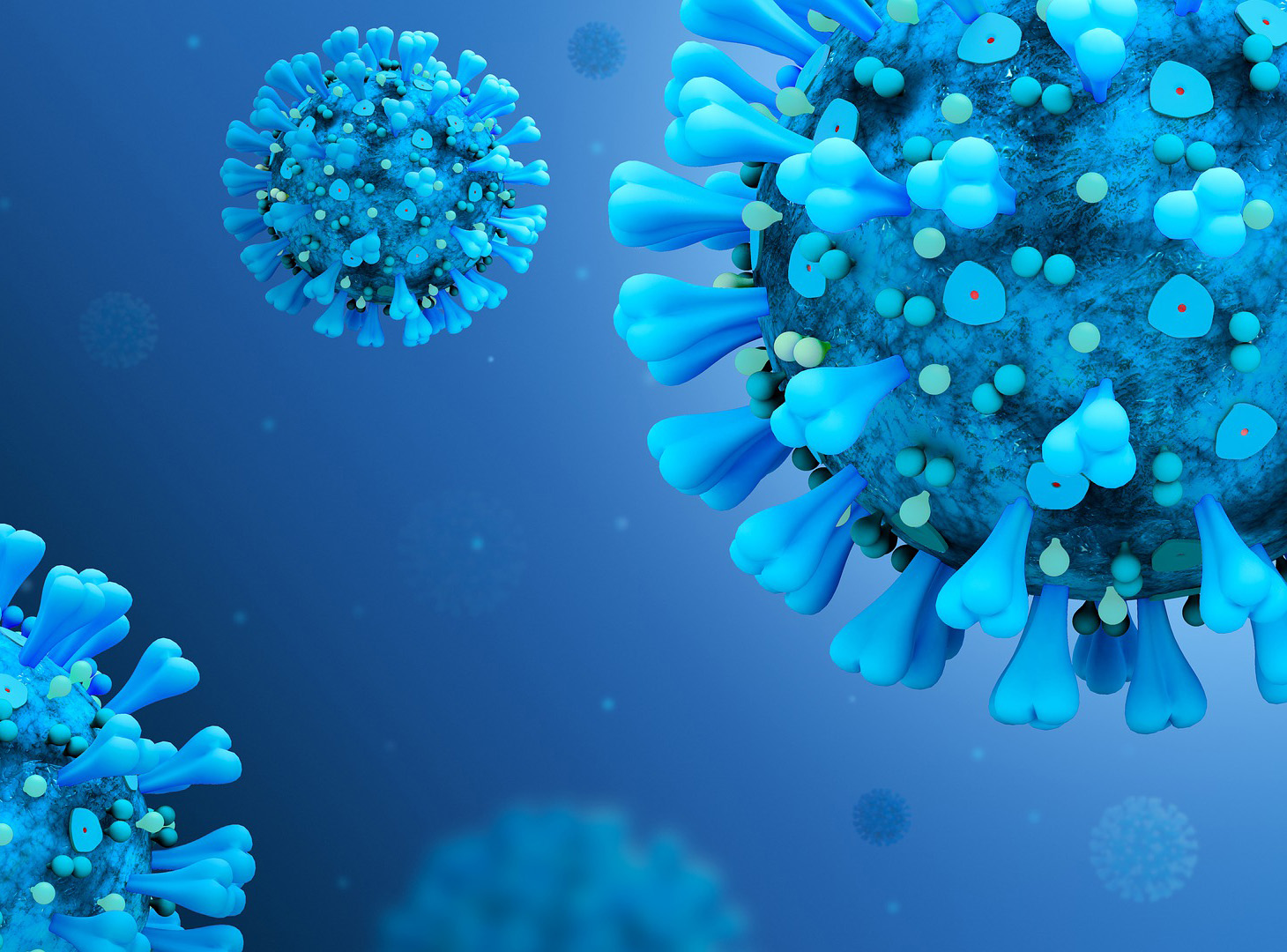 Genetic analyses confirmed the existence of a new strain of the COVID-19 virus. Called “Omicron-like”, the new variant is similar to Omicron, but harbours a smaller number of mutations.
Genetic analyses confirmed the existence of a new strain of the COVID-19 virus. Called “Omicron-like”, the new variant is similar to Omicron, but harbours a smaller number of mutations.
A new form of the Omicron COVID-19 virus has been discovered in Queensland, in a fully vaccinated person who arrived from South Africa. The new strain has, so far, been named “Omicron-like”.
According to Deputy Chief Health Officer Peter Aitken, the Omicron-like virus is very similar to Omicron, but harbours 14 mutations in its spike protein, compared to the 30 mutations identified in the original Omicron variant.
“This is amazing work from our scientific teams – they’ve picked up the differences here, worked through it in a methodical and scientific approach, recognised there are differences between the full and normal Omicron classification, passed that on to the international committee in a really quick time frame, and it’s now led to a reclassification of Omicron,” Dr Aitken said in news release.
“So, it’s got enough to be able to classify it as Omicron, but we don’t know enough about it as to what that means as far as clinical severity or vaccine effectiveness,” Dr Aitken added.
Dr Aitken says the “Omicron-like” designation is important for monitoring efforts. “It’s going to lead to improvements in people recognising the potential spread over time in all communities,” Dr Aitken said in a news release.
The identification of this new variant of the COVID-19 virus is a reminder that the pandemic is not over yet, and that new variants can emerge at any time.
“We now have omicron and omicron-like – it’s a reminder to us all that as we open our borders this doesn’t mean that the COVID journey has finished. In many ways the COVID journey is just starting,” Dr Aitken said.
The patient with the new Omicron-like variant is currently in quarantine in a Brisbane hospital, and does not appear to have severe symptoms, much like all other Omicron cases so far recorded around the world.

